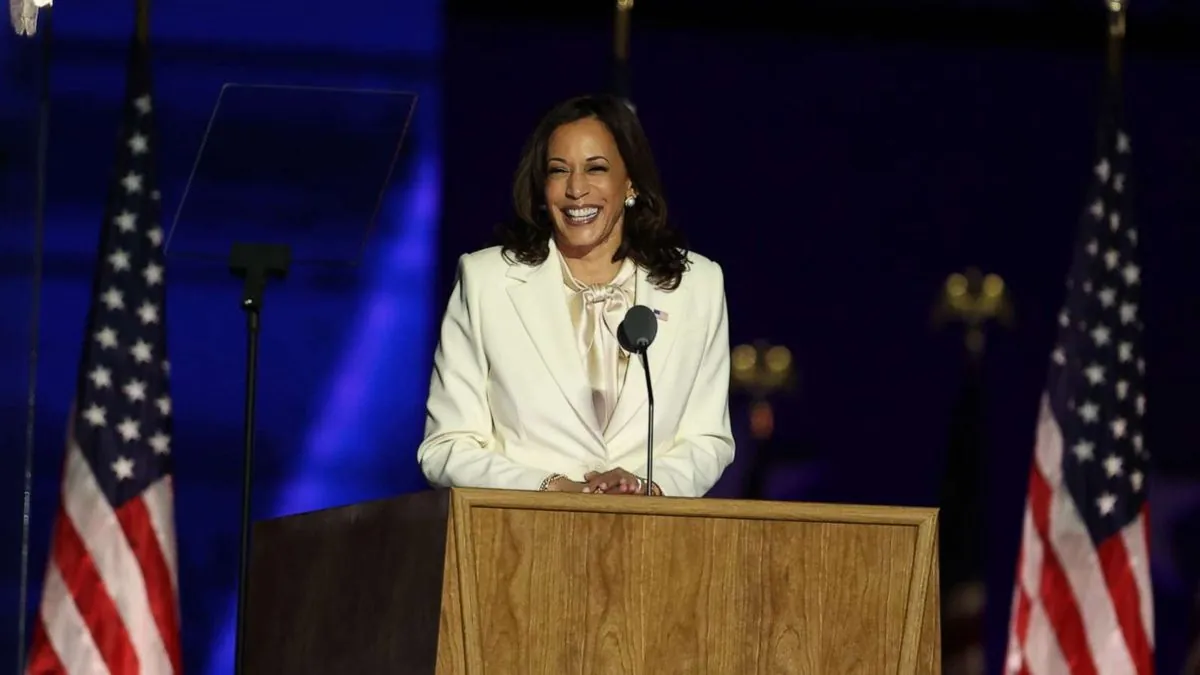Kamala Harris, the current Vice President of the United States, is embarking on a challenging journey to join a select group of individuals who have successfully transitioned from the Senate to the presidency. This path, while prestigious, has historically been fraught with difficulties for many aspiring candidates.
Since James Monroe's election in 1816, only 17 senators have ascended to the presidency, with a mere three elected while still serving in the Senate. The list of unsuccessful senatorial candidates is significantly longer, highlighting the complexities of this political transition.
The Senate, established in 1789, was designed to be a more deliberative body compared to the House of Representatives. Senators serve six-year terms and must be at least 30 years old to hold office. This structure was intended to provide a platform for addressing major national issues with less frequent electoral pressures.
However, the very nature of senatorial work often conflicts with public expectations of presidential candidates. While voters typically value clarity and consistency, effective senators must excel in negotiation, compromise, and deal-making. This discrepancy has led to challenges for senatorial candidates in presidential races.
The increased transparency in Congress has further complicated matters for senators aspiring to the presidency. The Congressional Record, first published in 1873, and the introduction of television cameras in the Senate chamber in 1986 have exposed the intricacies of legislative work to public scrutiny. This transparency, while democratic, can sometimes work against senators in presidential campaigns.
"In which direction would John Kerry lead? He bragged about voting for the $87 billion to support our troops before he voted against it. He voted for education reform and now opposes it. … John Kerry, whichever way the wind blows."
The anti-Washington sentiment that has pervaded presidential campaigns since Jimmy Carter's 1976 run has added another layer of difficulty for senators. This narrative has often framed senatorial experience as a liability rather than an asset.
Kamala Harris faces these historical challenges as she considers a potential presidential bid. However, her current role as Vice President may provide an advantage. Her team could highlight her work at international events, her efforts on reproductive rights following the Dobbs decision, and her involvement in artificial intelligence policies.
As the 2024 election approaches, Harris's campaign strategy will likely focus on leveraging her vice presidential experience while addressing potential criticisms of her senatorial background. Her success or failure in this endeavor could have significant implications for future senators aspiring to the presidency.
The Senate, with its rich history and traditions, continues to play a crucial role in American politics. From the official historian position created in 1975 to the unique tradition of serving bean soup in its restaurant daily, the institution remains a cornerstone of U.S. democracy. As Harris navigates her political future, she will need to balance the complexities of her senatorial past with the demands of a presidential campaign in an ever-evolving political landscape.
